A double strike on Gaza’s Nasser Hospital killed at least 20 people, including journalists, health workers, and emergency responders, prompting international condemnation. The United Nations demanded “accountability and justice” and called for an independent investigation into the incident.
UN Human Rights spokesperson Thameen Al-Kheetan emphasized that the killings should spur global action rather than silence, noting that 247 Palestinian journalists have died since October 7, 2023.
The Israel Defense Forces (IDF) claimed that troops from the Golani Brigade had targeted a camera allegedly set up by Hamas near the hospital to observe Israeli movements. Israel said the strikes also killed six “terrorists,” but it did not provide evidence for these claims or explain why a second strike followed the first minutes later. The military stated it would review gaps in the authorization and decision-making processes involved in the operation.
Hospital Strike Kills Journalists and Staff, Sparks International Condemnation and Global Outrage
Among the dead were five journalists: Mohammad Salama (Al Jazeera), Hussam Al-Masri (Reuters), Mariam Abu Dagga (Associated Press), and freelancers Moath Abu Taha and Ahmed Abu Aziz. Four hospital staff and a Gaza Civil Defense member were also killed.
Reports indicate that the first strike hit a balcony used by reporters for live coverage, while the second struck the stairwell where emergency responders were attending to casualties from the first explosion. Witnesses described the attacks as targeting first responders directly.
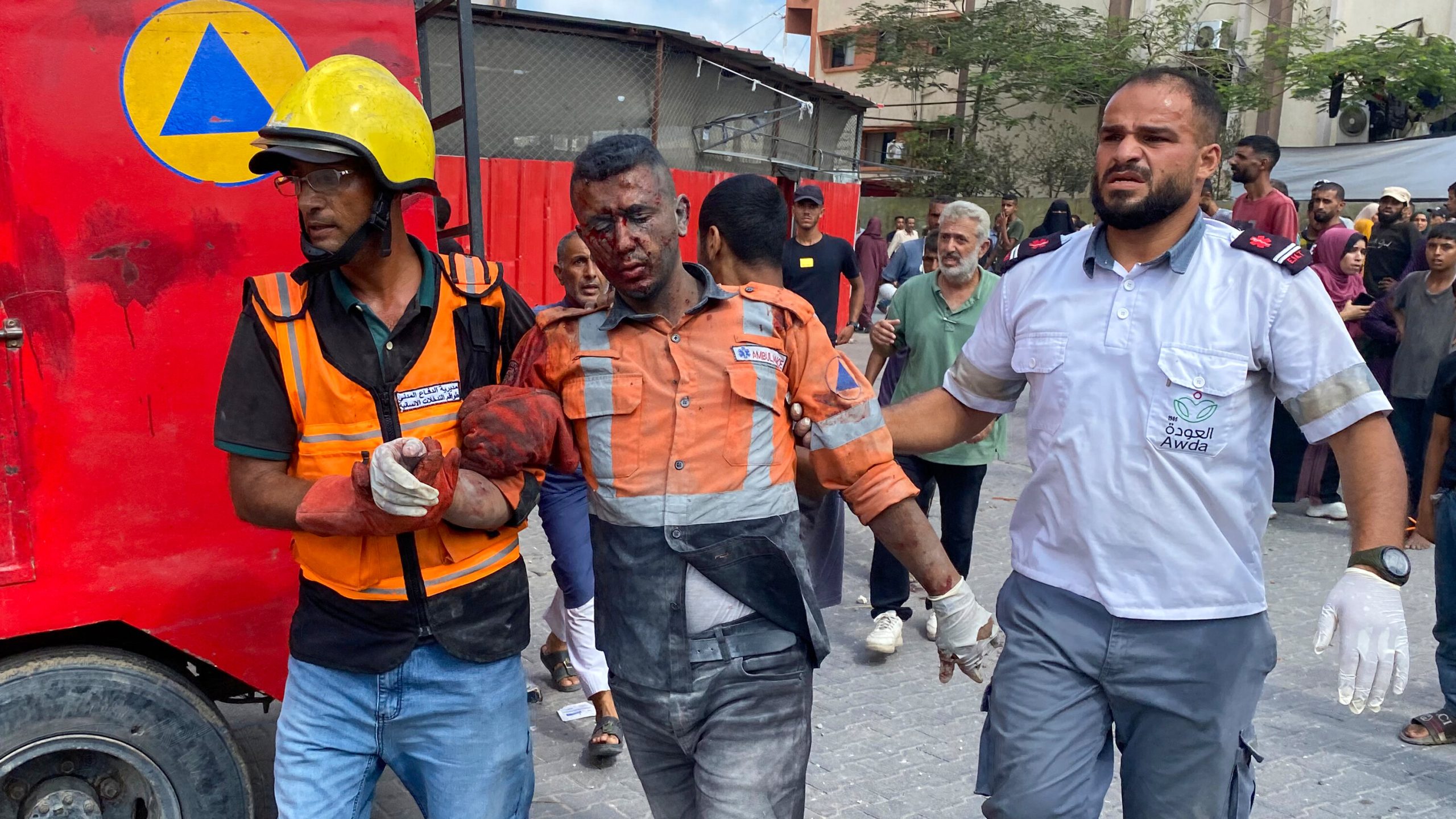
Hamas denied operating any surveillance camera at the hospital, calling Israel’s claim a pretext. Bassem Naim, a member of Hamas’ political bureau, said that any such device could have been neutralized without attacking a healthcare facility.
Reuters noted that its journalist Al-Masri had been broadcasting live from the location for weeks, casting doubt on Israel’s explanation. Conflicting accounts have left the international community questioning the legality and intent behind the strikes.
Countries including Canada, the UK, Germany, France, Spain, Australia, Qatar, Saudi Arabia, and Kuwait condemned the hospital attack. Press and medical organizations voiced strong objections to the targeting of journalists and medical personnel.
The UN and other bodies emphasized the need to uphold protections for civilians and the press under international law. Global outrage reflects increasing concern over Israel’s conduct in the ongoing conflict.
Israeli Strikes Spark Protests, Scrutiny Over Civilian Harm and Hostage Negotiations
Israeli officials described the deaths as a “tragic mishap” and expressed regret for civilian harm. Security sources clarified that journalists were not intended targets, but strikes hit areas commonly used for media coverage. The IDF claimed the first shell targeted the camera, while the second hit rescue teams.
The military said further inquiries would examine the authorization process, the decision-making in the field, and measures to prevent civilian casualties.
The strikes coincided with nationwide protests in Israel, where tens of thousands marched to demand a hostage and a ceasefire deal. Protesters criticized Prime Minister Benjamin Netanyahu’s government for prioritizing military operations over negotiations to secure hostages.
Demonstrators expressed urgency in ending the war and reducing civilian casualties, emphasizing that public pressure could influence government policy. Families of hostages highlighted the human cost of the conflict, adding emotional weight to the demonstrations.
Despite mediation efforts by Qatar and Egypt, Israel has not responded to proposed ceasefires, demanding the release of all hostages before halting military actions. Netanyahu is simultaneously advancing plans for a major offensive in Gaza City.
Advocacy groups and public rallies continue to push for humanitarian protection and negotiations to secure hostages. The hospital attack underscores the tension between military objectives and humanitarian obligations, highlighting the urgent need for accountability and negotiation in a rapidly escalating conflict.

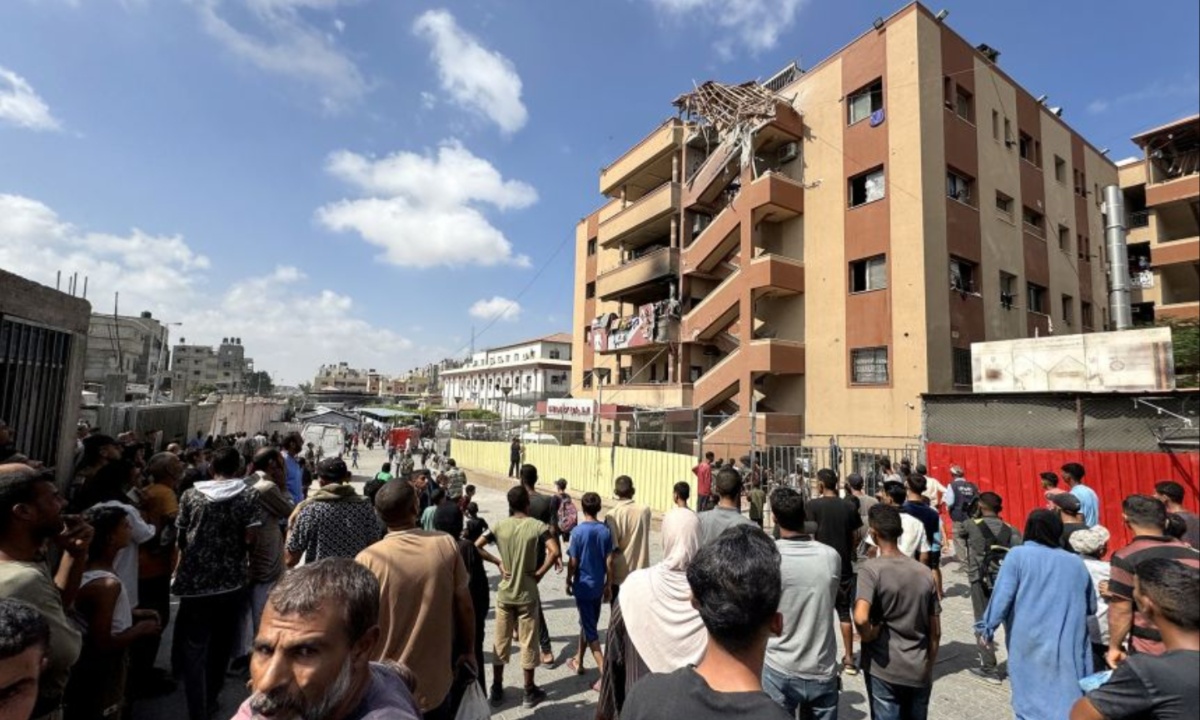





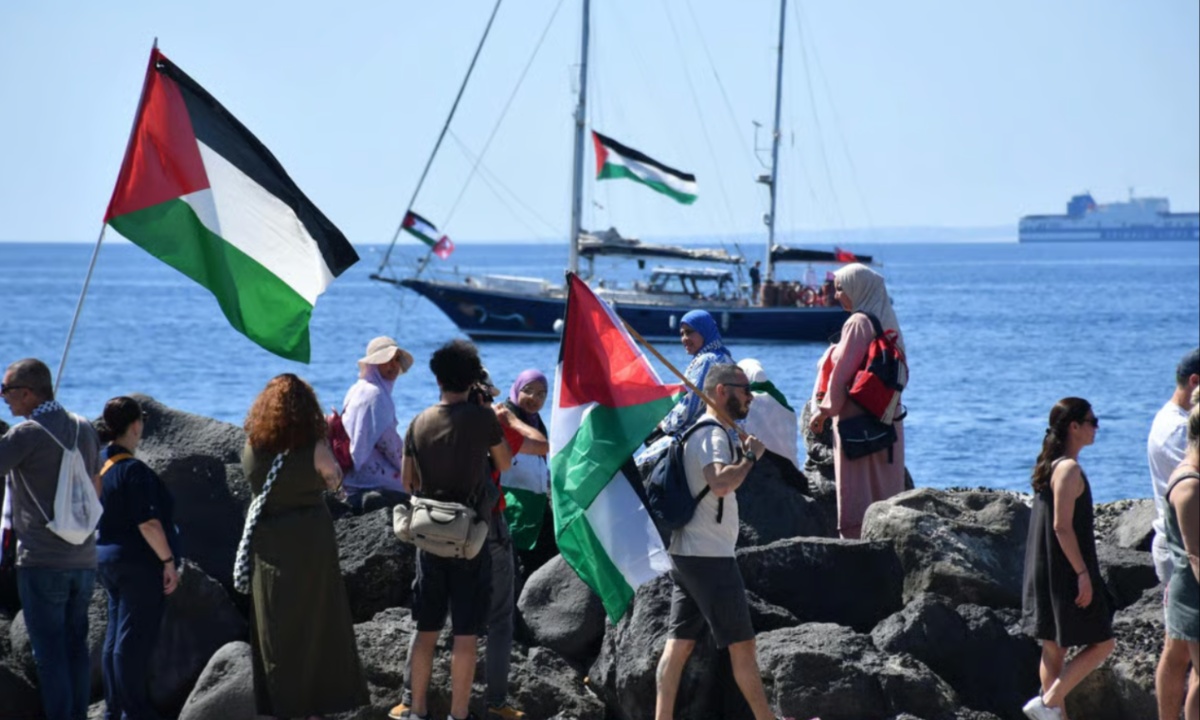
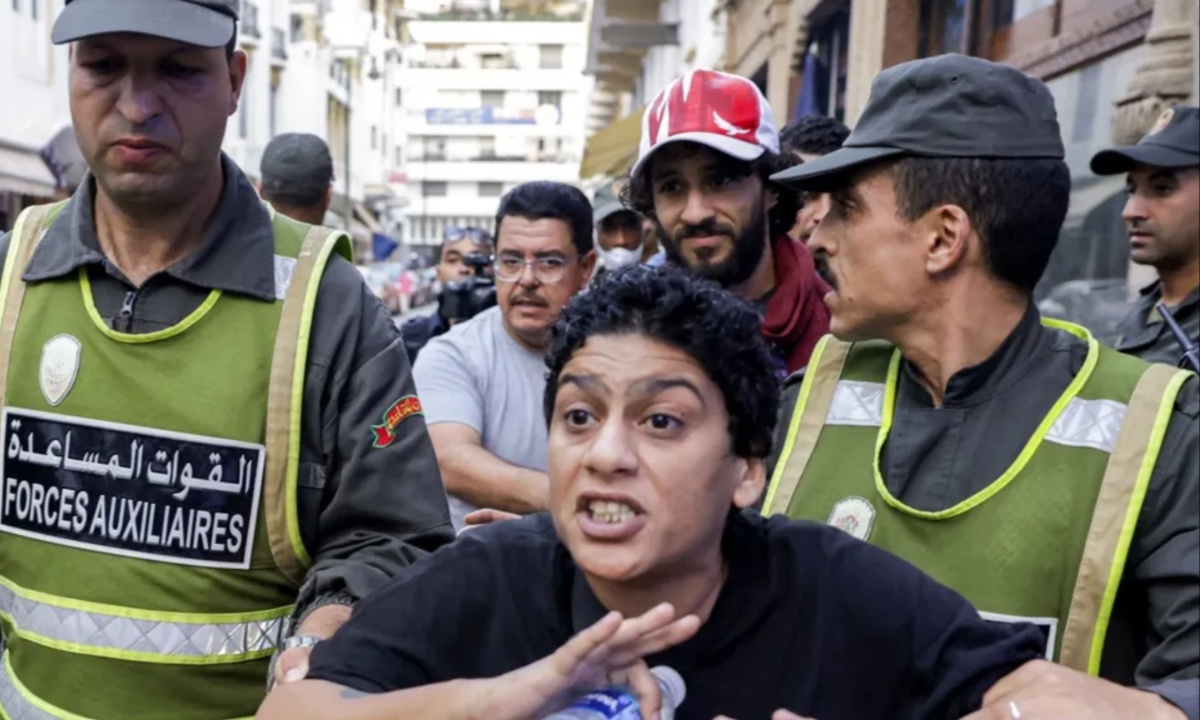
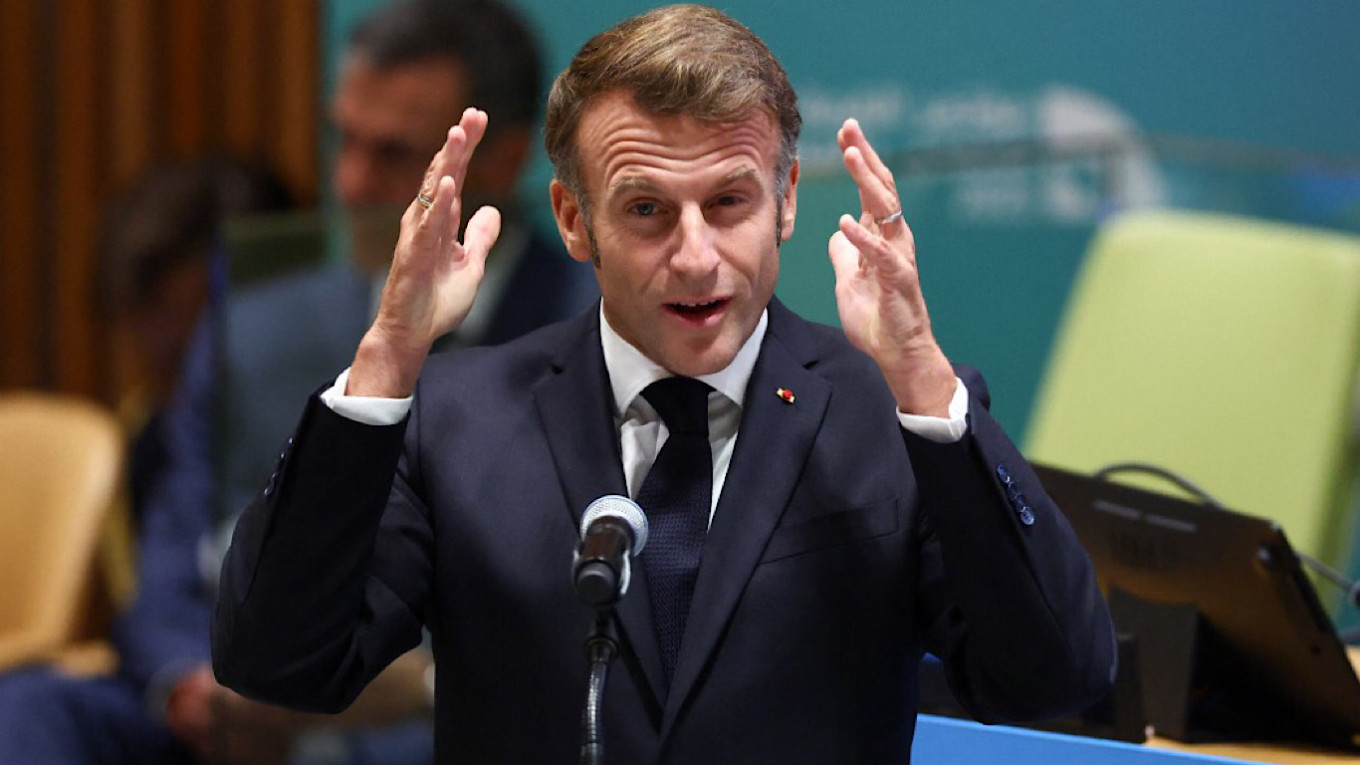
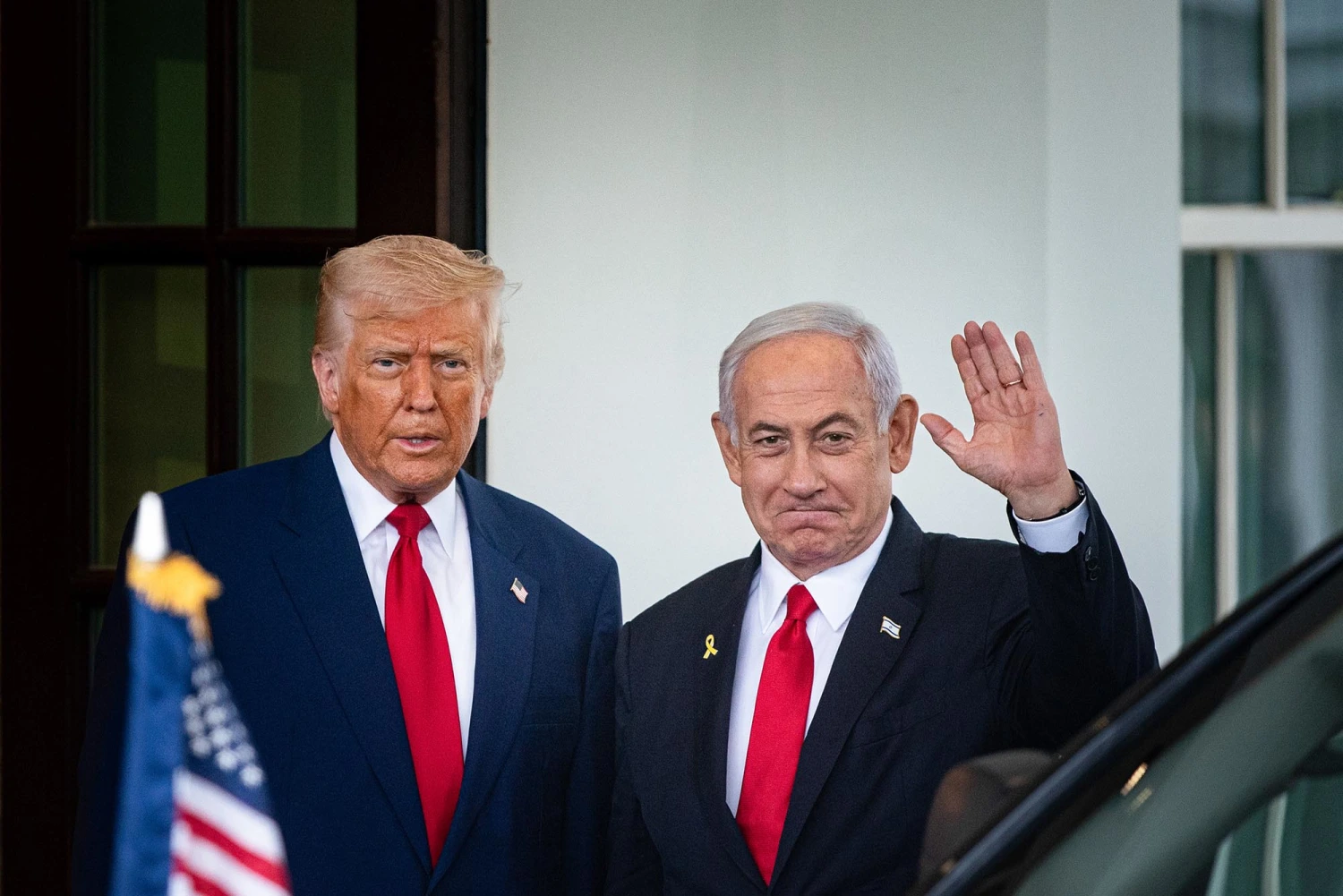
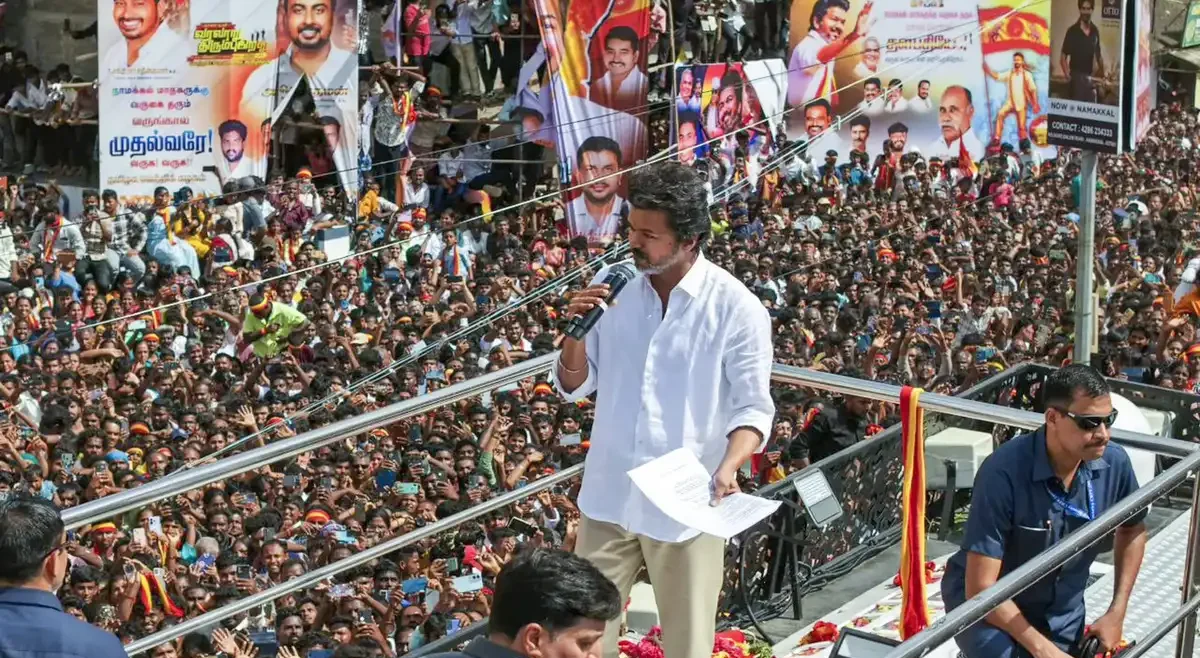
Leave a Reply